Desperate Need to Halt ‘World’s Largest Killer’: Pollution

Now that the lights of the UN climate change summit’s meeting rooms having been turned off in Bonn, after a week of intense negotiations and some partial results, another major environmental event is now schedule in Nairobi, this time to search for ways to halt the world’s major killer: pollution.
Radioactivity Lingers from 1946-1958 Nuclear Bomb Tests
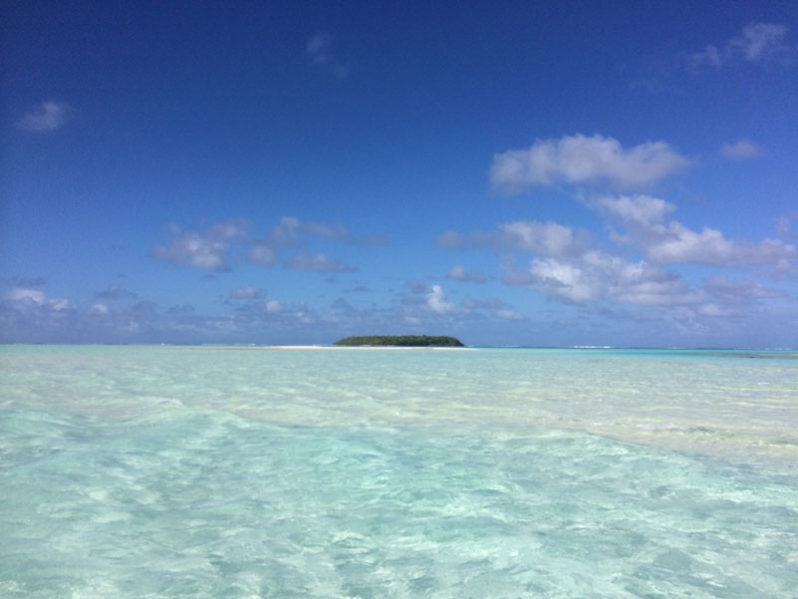
Scientists have found lingering radioactivity in the lagoons of remote Marshall Island atolls in the Pacific Ocean where the United States conducted 66 nuclear weapons tests in the 1940s and 1950s.
Prozac in ocean water a possible threat to sea life
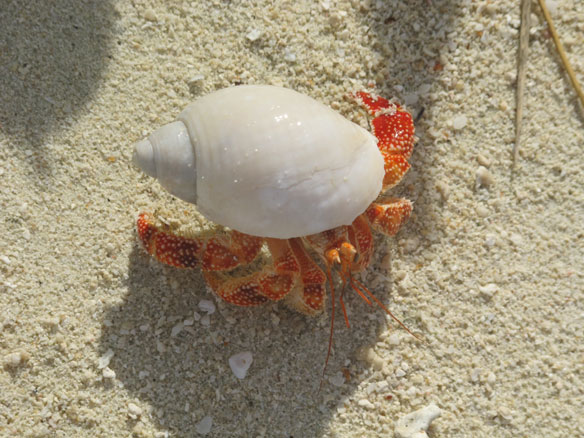
Oregon shore crabs exhibit risky behavior when they’re exposed to the antidepressant Prozac, making it easier for predators to catch them, according to a new study from Portland State University (PSU).
Ecological roulette”: Sea creatures hitchhike across Pacific on tsunami debris
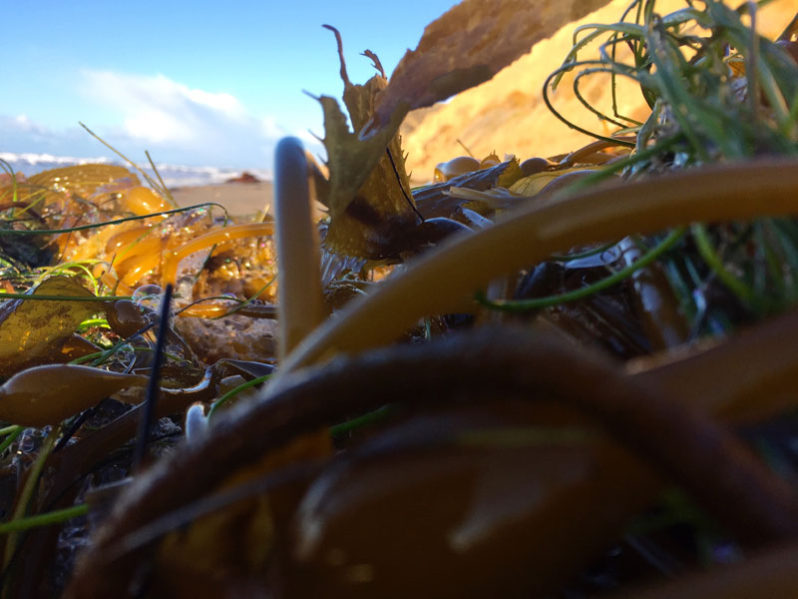
Nearly 300 species of fish, mussels and other sea critters hitchhiked across the Pacific Ocean on debris from the 2011 Japanese tsunami, washing ashore alive in the United States. It is the largest and longest marine migration ever documented.
International Coastal Cleanup: September 16th, 2017
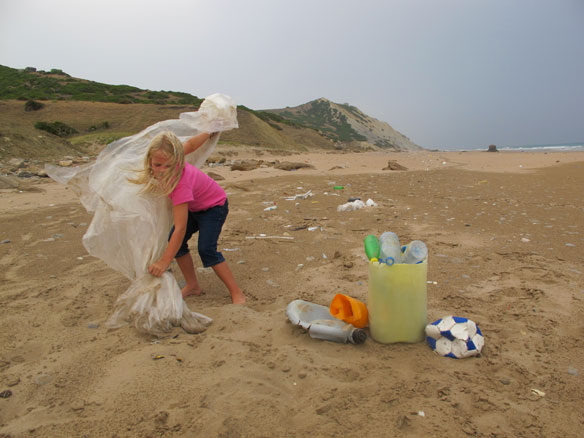
By participating in the International Coastal Cleanup, you can make a difference. In partnership with volunteer organizations and individuals around the globe, Ocean Conservancy’s International Coastal Cleanup engages people to remove trash from the world’s beaches and waterways, identify the sources of debris and change the behaviors.
Ship exhaust makes oceanic thunderstorms more intense
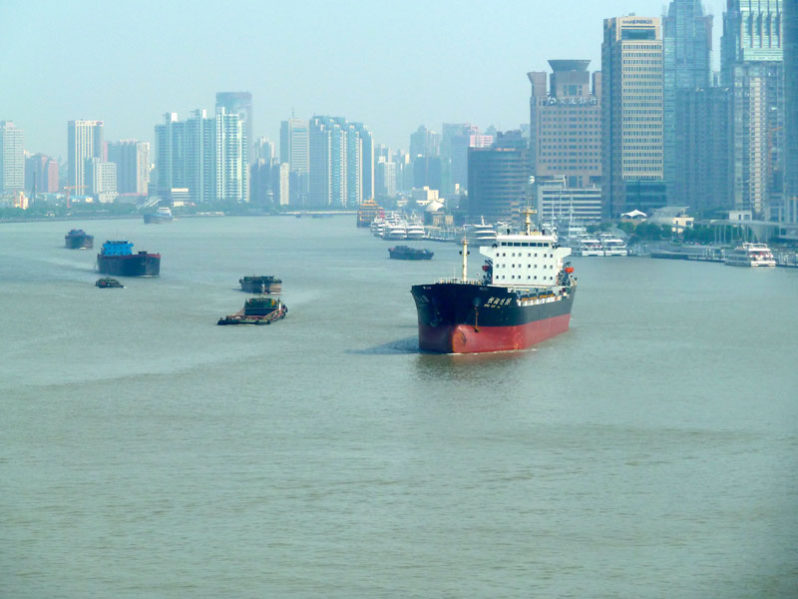
Thunderstorms directly above two of the world’s busiest shipping lanes are significantly more powerful than storms in areas of the ocean where ships don’t travel, according to new research.
Birling Gap beach: 150 treated after chemical ‘mist’, UK
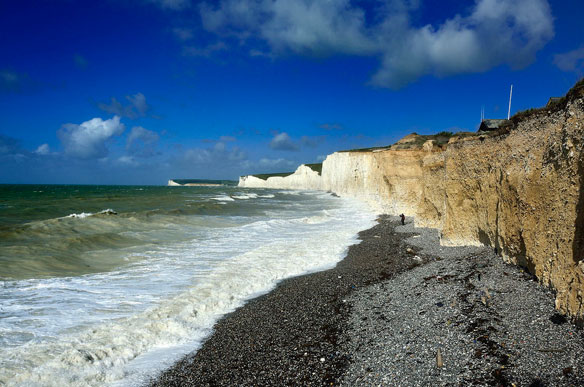
About 150 people have been treated in hospital and hundreds more affected by an unknown gas which hit the East Sussex coast.
New App enables divers to chart marine litter levels
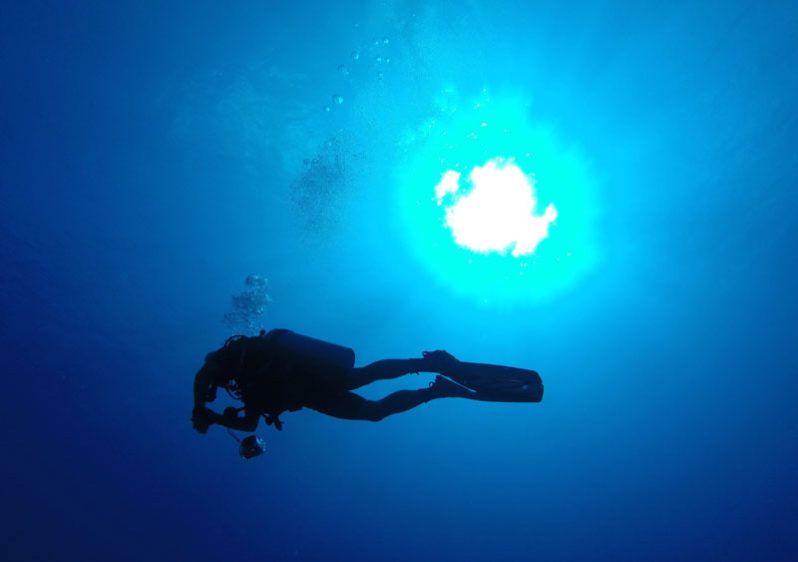
A new smartphone app is enabling scuba divers across the world to easily record information on the marine litter they encounter under the sea.
Zeebrugge, Belgium
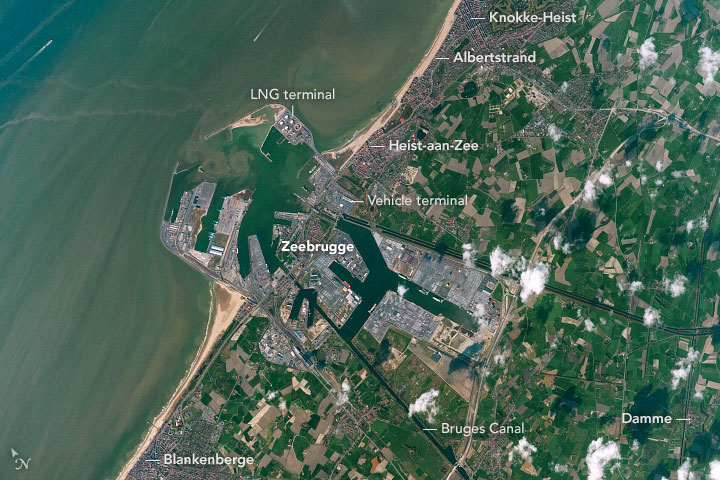
This Belgian town has just 4,000 inhabitants, but it takes 11,000 people to operate the port.
